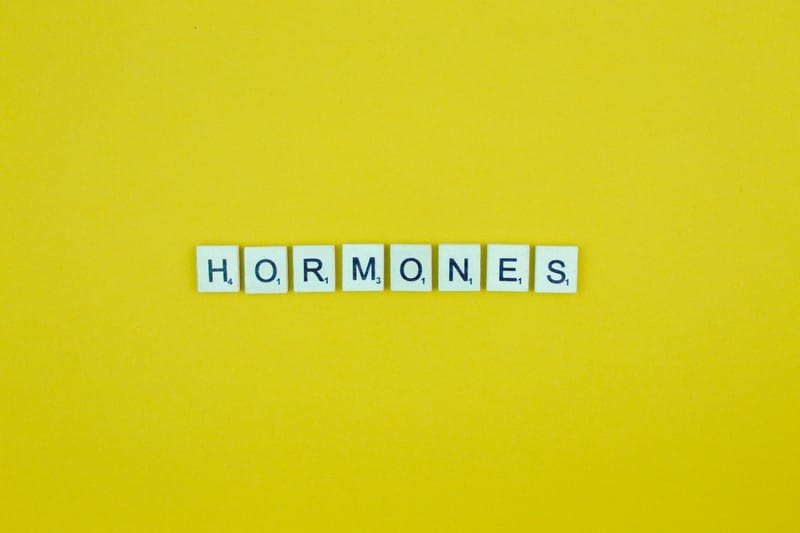Hormonal Changes

During menopause, a woman’s menstrual periods stop, and she loses her ability to become pregnant. It is brought on by decreased estrogen and progesterone production, which are abundant female reproductive hormones.
Although some women feel little to no discomfort during menopause, some report a range of symptoms due to fluctuating hormone levels. These include changes in urine patterns, persistent UTIs, painful intercourse, and dry vagina.
UTIs become more common in menopausal women as their estrogen production declines. Women’s vaginal tissues thin with age, increasing their susceptibility to infection. They might also struggle to empty their bladder, which raises the risk of a bladder infection.
Decreased estrogen in the woman’s body can cause changes in bacterial populations, leading to infection. While some menopausal women endure sporadic UTIs, others deal with persistent, bothersome UTIs that affect their quality of life.
Everyone can reduce their risk of UTIs by adopting significant lifestyle changes daily. For instance, drinking lots of water aids in the removal of some harmful bacteria from the urinary tract. Going to the restroom to empty the bladder also helps eliminate bacteria from the urinary tract.










